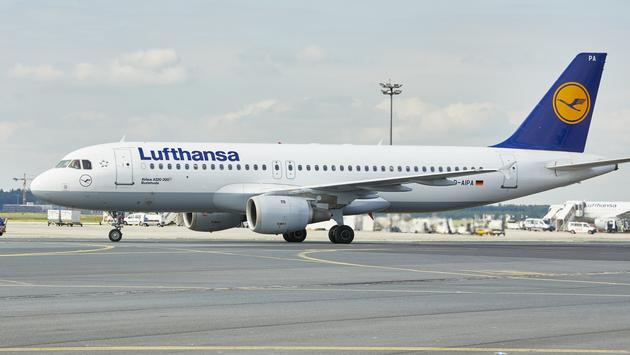Millions Affected by Global Airline Data Breach

American, United, Lufthansa, Singapore and FinnAir are among several airlines whose frequent flyer information might have been compromised in a widespread global data hack.
The information technology company SITA said passenger information has been stolen from its servers at its Atlanta office, according to Travel Weekly.
The breach occurred at servers that hold data for SITA’s Horizon Passenger Service System, which is used by airlines to manage ticketing and reservations. SITA is among the largest information technology (IT) providers in the commercial airline sector.
In a statement, SITA spokeswoman Edna Ayme-Yahil declined to say how many airlines have been impacted by the breach, confirming only that the data includes some personal data of airline customers, including frequent flyer account data.
“Each affected airline has been provided with the details of the exact type of data that has been compromised, including details of the number of data records within each of the relevant data categories,” Ayme-Yahil said.
Some airlines are not direct customers of SITA.
Travel Weekly noted the breach has filtered through the Star and Oneworld alliances, which was able to occur because airlines within alliances share frequent flyer information.
“The information involved is limited to the membership number and tier status and, in some cases, membership name, as this is the full extent of the frequent flyer data that Singapore Airlines shares with other Star Alliance member airlines for this data transfer,” Singapore said in a statement.
Tomi Pienimaki, chief digital officer for Oneworld member Finnair, said approximately 10 percent of that carrier’s loyalty customers have been targeted.
“To be honest, I was not surprised in itself that the air industry was subjected to such an attack, because the industry is in a difficult situation and therefore vulnerable,” he wrote in a LinkedIn post. “Once we have been informed, all we have to do is clarify the matter and ensure the integrity of our own systems day and night.”
